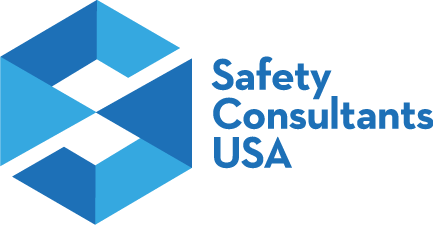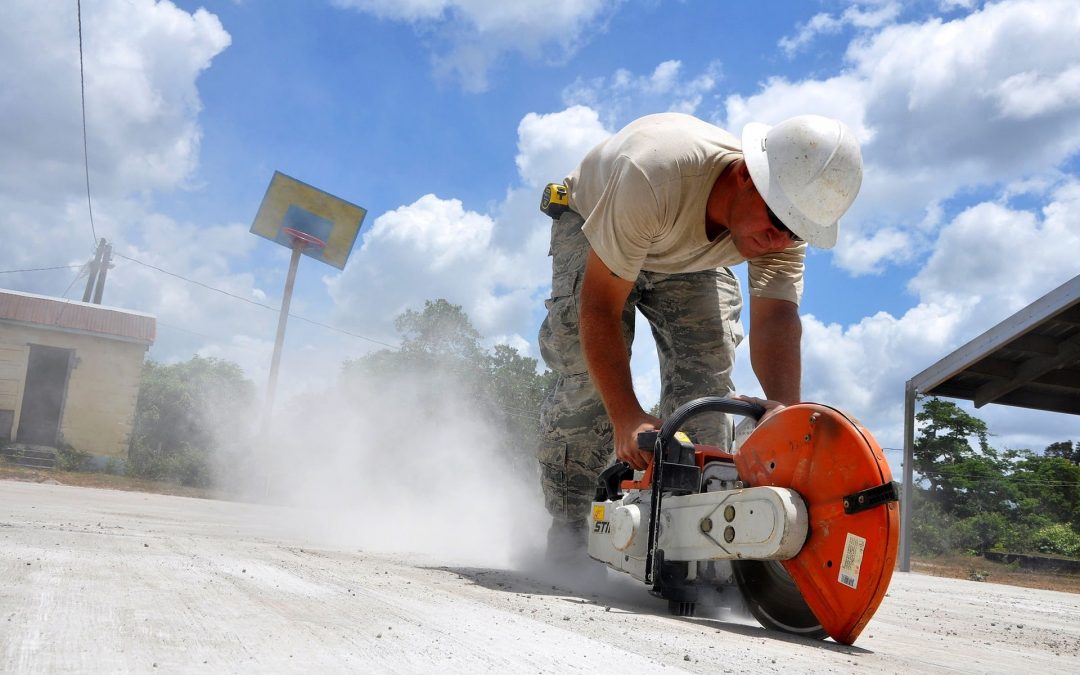OSHA issued two standards to protect workers from exposure to respirable crystalline silica—one for construction, and the other for general industry and maritime. The new regulation is intended to get employers look at their companies specific work conditions and utilize a variety of tools to eliminate employees exposure to silica. OSHA enforcement of the new silica standard will begin Sept. 23, 2017.
Why Limit Exposure To Silica?
Even short-term exposure to respirable crystalline silica can cause silicosis, lung cancer, other respiratory diseases, and kidney disease. Many common construction tasks such as using masonry saws, grinders, drills, jackhammers and handheld powered chipping tools, along with many other activities, are known to create silica dust, and increase the likelihood of the inhalation of the dust.
How Do You Protect Your Employees From Exposure To Silica?
OSHA requires employers to limit an employee’s exposure to respirable crystalline silica and take precautions to protect workers. The standard provides alternatives that may be especially helpful for small employers.
All Construction Employers Covered By The Standard Are Required To:
- Establish and implement a written exposure control plan that identifies tasks that involve exposure and methods used to protect workers, including procedures to restrict access to work areas where high exposures may occur.
- Designate a competent person to implement the written exposure control plan.
- Restrict housekeeping practices that expose workers to silica where feasible alternatives are available.
- Offer medical exams—including chest X-rays and lung function tests—every three years for workers who are required by the standard to wear a respirator for 30 or more days per year.
- Train workers on operations that result in silica exposure and ways to limit exposure.
- Keep records of workers’ silica exposure and medical exams.
Safety Consultants USA can help your company create a silica exposure control plan that meets your needs and budget. For more information on the new silica standard and how to become compliant, please contact us direct: 1-877-947-4301

